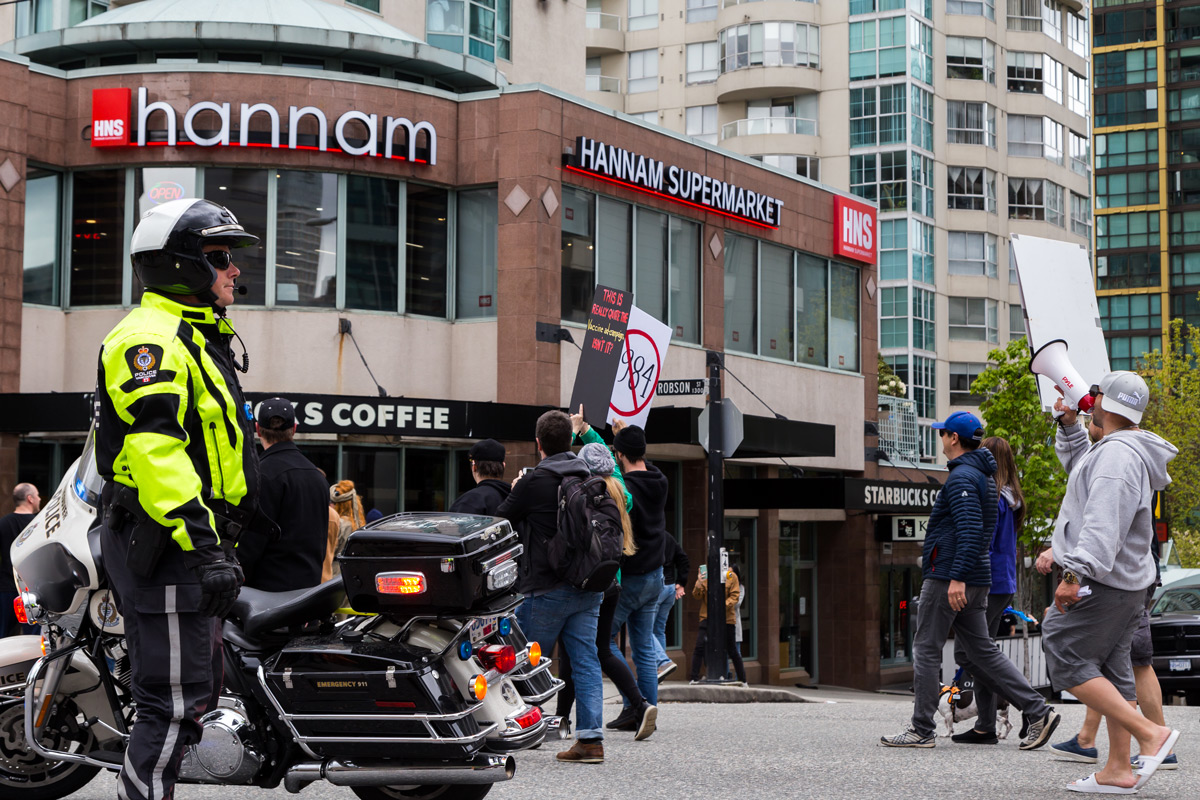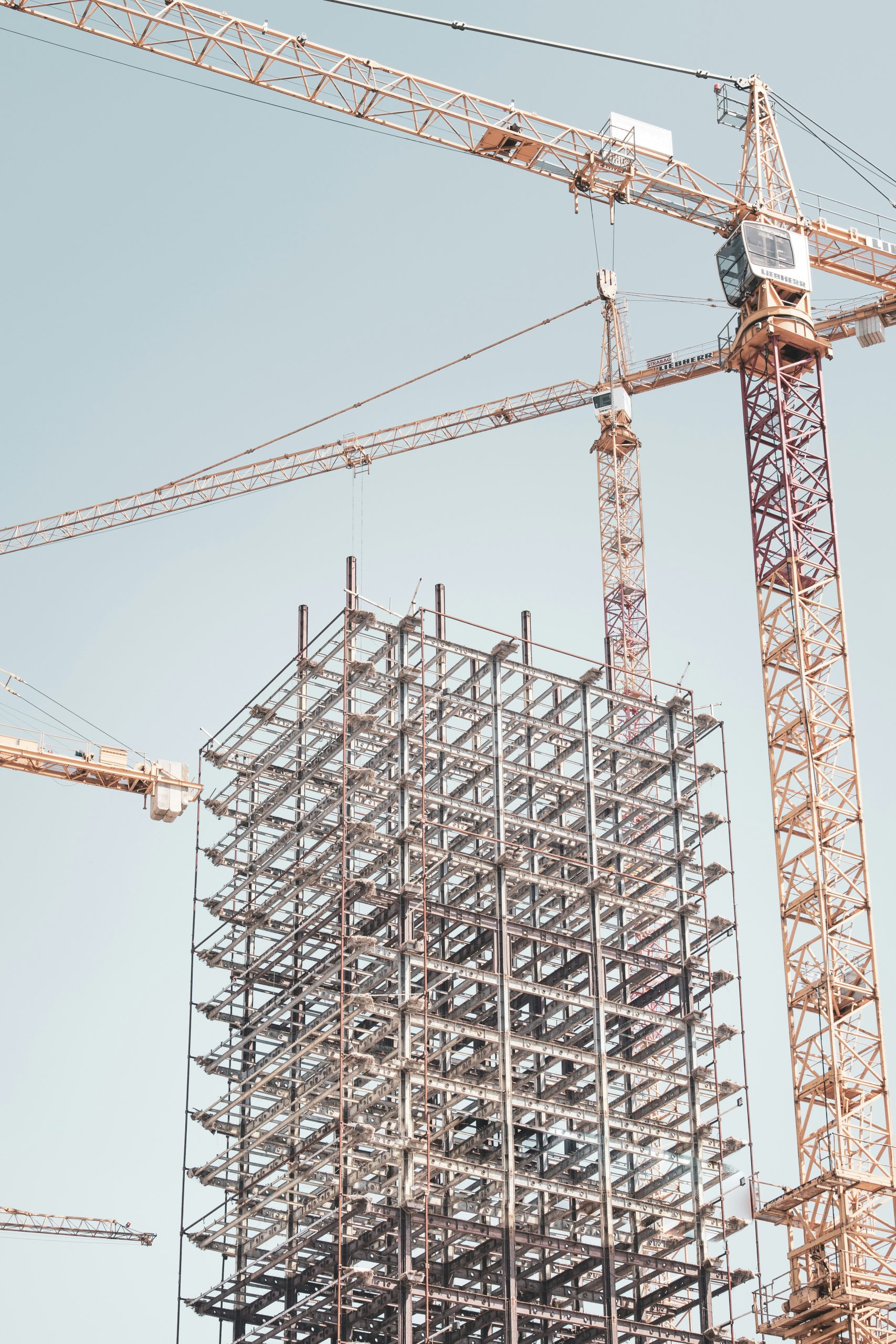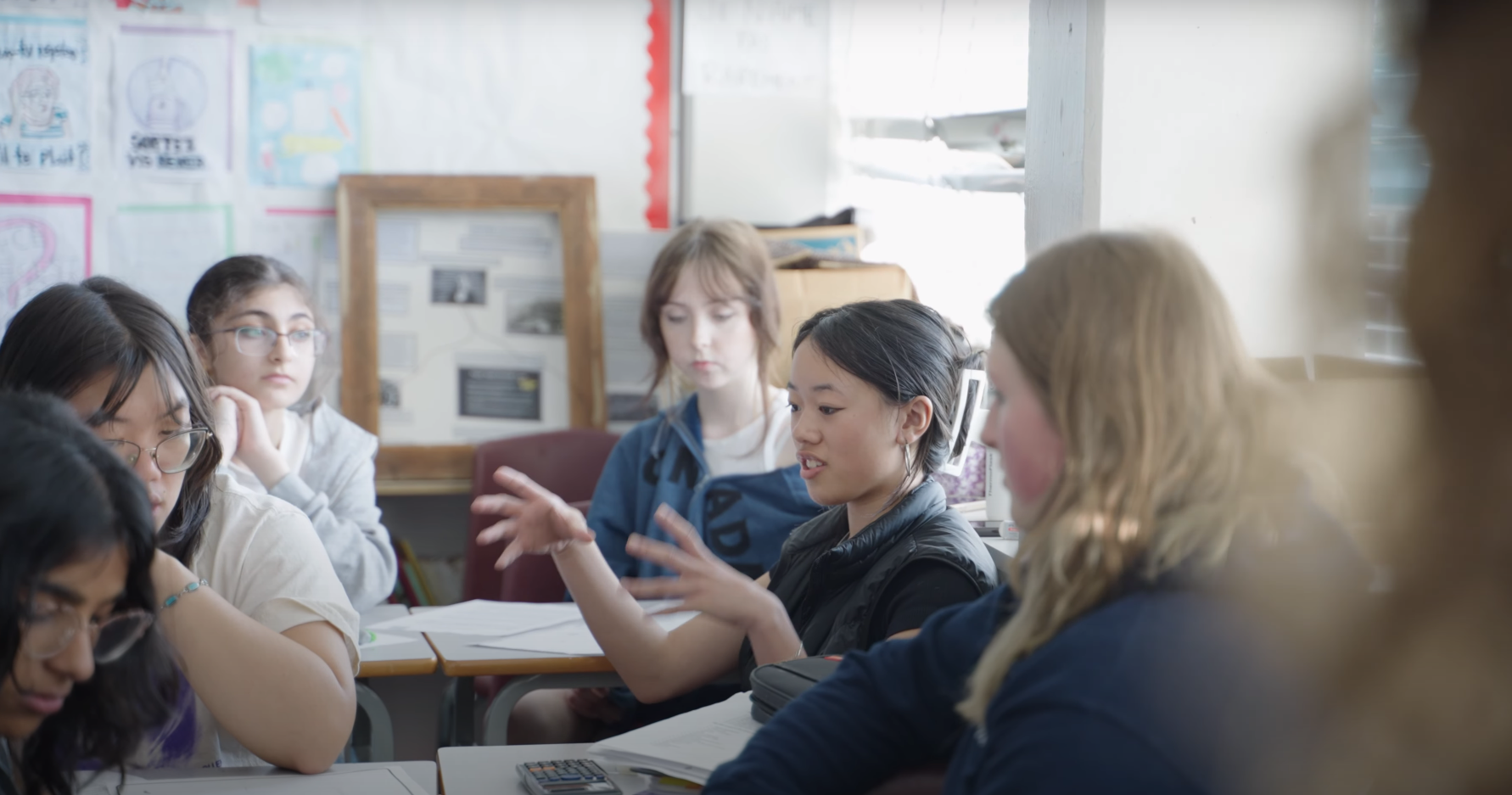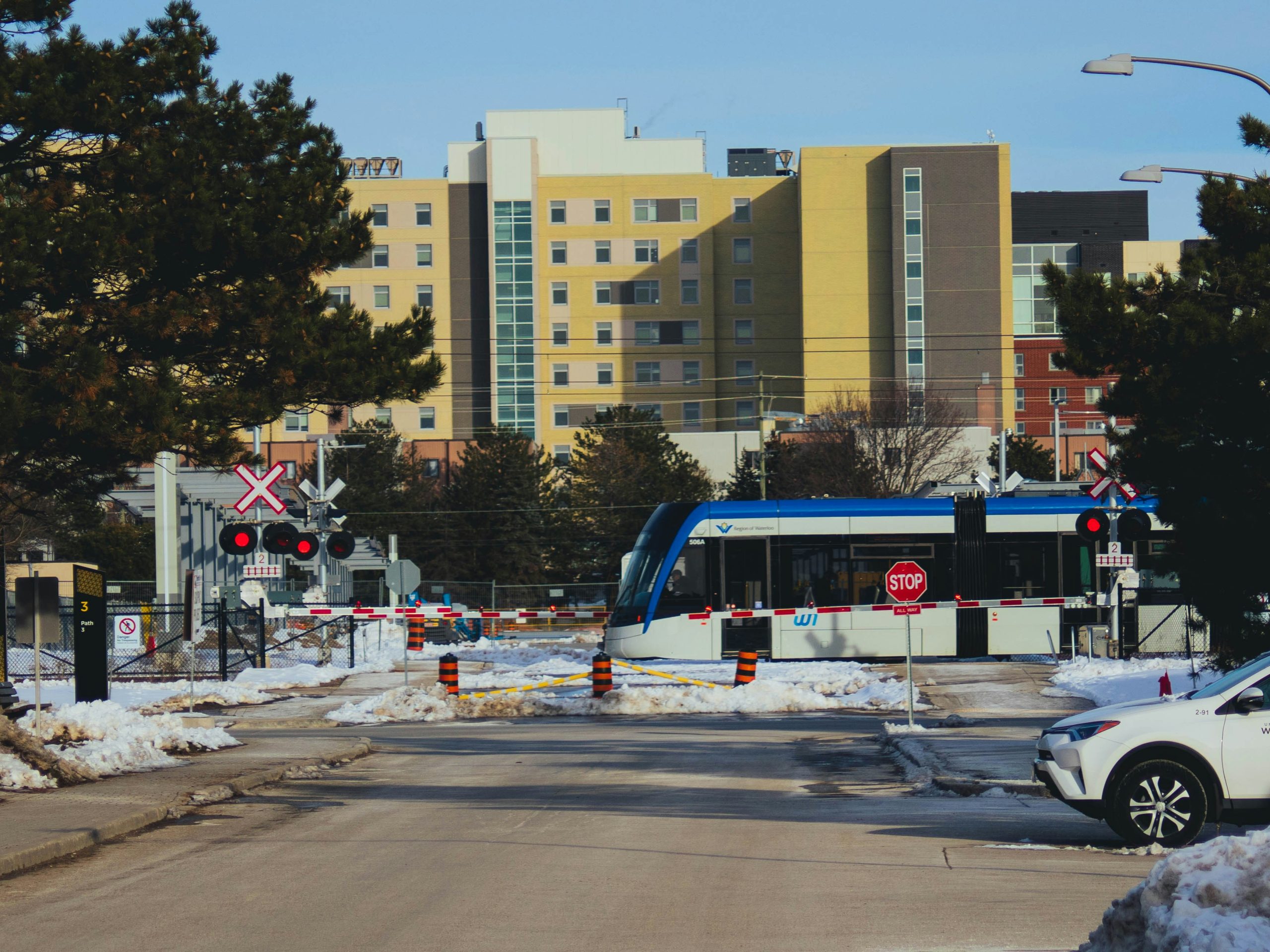Featured Guest
You’ll find this guest among our growing roll of Urban Champions.
-
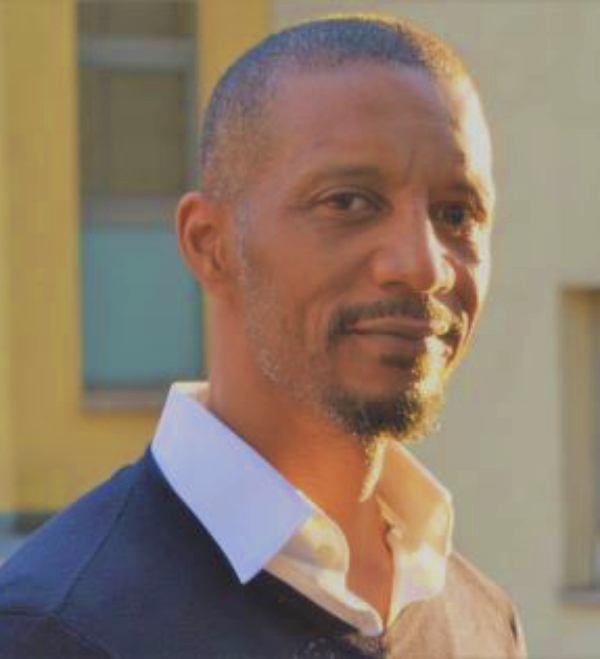
Michael Götting
Author, journalist, curator and theatre worker
-
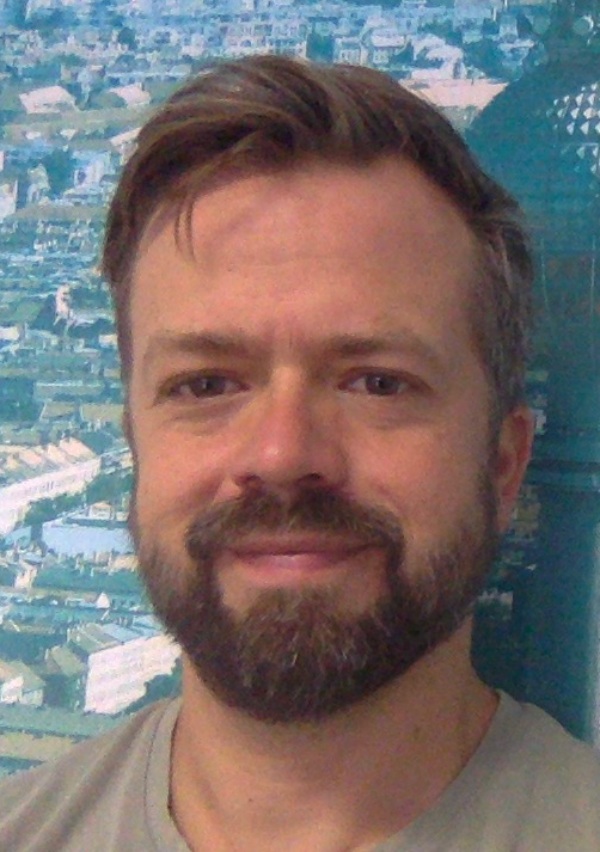
Markus Kip
Post-doc, Georg-Simmel Center for Metropolitan Studies
-

Jay Pitter
Founder, Jay Pitter Placemaking
5 Key
Takeaways
A roundup of the most compelling ideas, themes and quotes from this candid conversation
Compiled by Ahmed Allahwala, Nigel Carvalho, Roger Keil and Jenna Ritch
1. Discussions of COVID-19 must centre race and class
There is no one city in this outbreak. COVID-19 is disproportionately affecting marginalized and vulnerable urban populations, exposing inequalities and racism that existed prior to the pandemic. Infection and mortality are deeply intertwined with the social determinants of health and reflect racial and class inequalities. Racialized populations lack the freedom that many citizens take for granted in the public realm as they are being singled out by social distancing enforcement practices in Canada and Germany. In Vancouver, the appearance of multiculturalism and diversity is being strained as growing anti-Asian racism has led to violence. In Berlin, there were also indications of growing anti-Asian racism and concerns in the Black communities about racial profiling during the lockdown. However, in Germany, more generally, there seems to be less of an awareness of differentiated effects of the disease on different communities. And from a housing perspective, staying indoors has been difficult for many lower income residents who lack sufficient space or comfortable living conditions. Jay Pitter reminds urbanists to avoid historical revisionism in their accounts of government’s responses to COVID-19 to prevent the positive experiences of certain populations from erasing the violence experienced by others.
2. The public realm is evolving
COVID-19 is resulting in a reevaluation of the concept of the public realm, interpretations of public infrastructure are changing. Walking and cycling have emerged as some of the few activities left for the public to participate in which has forced many individuals to stay in small localized bubbles. Michael Götting noted that fences — normally a symbol of division in Berlin — have become a symbol of solidarity and hope, with strangers depositing food for those in need. In the current moment, the human body is now perceived as a threatening vector for disease resulting in citizens navigating unfamiliar social norms in public. Public protest, a prominent mechanism to advocate for equity, has now been compromised at a time when crucial political decisions are being made daily.
3. Urban strategies vary substantially by city
Cities across the globe have enacted various forms of legislation and enforcement to decrease the spread of COVID-19. In a situation of urgency and simultaneity and in the face of insufficient and evolving data on the situation, the ultimate effects of municipal strategies will only reveal themselves at a later date. Diversity in policy approaches was confirmed in the conversation about Berlin, Toronto, and Vancouver as each municipality prioritized different sectors of public life in their containment measures. In Berlin, parks have become the most popular location for public gatherings. Similarly, Vancouver’s beaches are open and cars have been prohibited from entering the city’s parks to increase pedestrian access. This reflects the city’s emphasis on education and compliance through fostering a sense of civic responsibility. In Toronto, where enforcement has concentrated on fines and sanctions, parks are highly contested spaces and hotspots for ticketing.
4. The internet unites us but is no substitute for public collective interaction
Neighbourhood solidarity groups are sprouting up across the world including online forums composed of strangers willing to help vulnerable community members with shopping and errands. Urban residents are finding hope and solidarity through engagement with neighbours that were strangers prior to the pandemic as well as the transnational public facilitated through the Internet. However, limits exist on the capacity for the internet to compensate for restrictions on public life. As noted by Markus Kip, urban residents often identify the needs of their neighbours through causal interactions in the public realm. Mutual support is a casual by-product of public life that has been disrupted by social distancing orders. Internet conferences and forums, with their defined purposes and minimal visual scopes, cannot capture the complexity of social interaction and can leave us yearning for a return to our more public social lives.
5. Progressive urban transformations are possible
Perhaps paradoxically, trust in government seems to have grown in Canada and Germany. Can the pandemic serve as an opportunity to redefine urban democracy and the relationship between the local state and urban residents? Civil society can collectively reflect on vulnerabilities and address systemically-entrenched inequalities. As stated by Alex Flynn, “this crisis is one of many crises in our cities.” The inequalities being laid bare by the pandemic can serve as an opportunity for cities to address societal vulnerabilities. Germany has utilized rent deferrals, provided subsidies for small businesses, and enhanced access to social welfare while Vancouver has enacted eviction moratoriums, provided safe supplies of drugs (for chronic drug users), and increased housing. Although governments have enacted many socially beneficial measures, it is integral to remain critical when considering whose benefits from these interventions over time.
Full Audience
Chatroom Transcript
Note to reader: Chat comments have been edited for ease of readability. The text has not been edited for spelling or grammar. For questions or concerns, please contact events@canurb.org with “Chat Comments” in the subject lin
From Canadian Urban Institute: You can find transcripts and recordings of today’s and all our webinars at https://canurb.org/citytalk
12:04:36 From Canadian Urban Institute: You can find transcripts and recordings of today’s and all our webinars at
https://www.canurb.org/citytalk
12:04:49 From Canadian Urban Institute: Folks, please change your chat settings to “all panelists and attendees” so everyone can see your comments.
12:05:15 From Canadian Urban Institute: Keep the conversation going #citytalk
12:05:22 From David Roberts to All panelists: Hello – in toronto
12:05:25 From Toby Greenbaum: Hello. Toby from Ottawa
12:05:39 From Mary Ann Neary to All panelists: Mary Ann from Toronto
12:05:43 From Irena Kohn: Sound?
12:05:47 From Canadian Urban Institute: CUI is looking for volunteers to help us continue the great work of our COVID-19 initiatives. If you can help, please contact us at covidresponse@canurb.org
12:05:50 From Elinor Warkentin to All panelists: Sound is gone again.
12:05:57 From Toby Greenbaum: We have lost the sound again!
12:05:57 From Mary Ann Neary to All panelists: Lost sound again
12:05:59 From Julie Chamberlain: Sound is dropping in and out for me too
12:05:59 From Melissa Lee to All panelists: hmm no sound again
12:06:02 From Felix Hoehn to All panelists: Hi, Felix here from Saskatoon. Sound is off for me again.
12:06:12 From Irena Kohn: Back!
12:06:13 From Francis Wallace to All panelists: Sound is dropping in and out
12:06:14 From Christine Arsenault: I have consistent sound.
12:06:22 From Felix Hoehn to All panelists: Sound back!
12:06:25 From Ratiba Hadj-Moussa: Hello, Ratiba from Toronto
12:06:28 From Charles Crenna: Done here in Ottawa! Sound is great!
12:06:28 From Jenna Dutton: Good morning from Calgary
12:06:33 From chrystelle maechler to All panelists: Hello. Chrystelle from Picton, ON
12:06:36 From Andre Darmanin: Hey @Jenna.
12:06:50 From Homa Hedayat: Good afternoon, Homa from Toronto
12:06:51 From Emily Wall, CUI Staff: Today’s panel:
Moderators:
Ahmed Allahwala – https://twitter.com/profallahwala
https://www.utsc.utoronto.ca/geography/ahmed-allahwala
Roger Keil – https://twitter.com/rkeil
https://fes.yorku.ca/faculty-profile/keil-roger-h/
Panelists:
Alex Flynn – https://twitter.com/alexandraeflynn
https://alexandraflynn.ca
https://www.allard.ubc.ca/faculty-staff/alexandra-flynn
Michael Götting – https://michaelgoetting.com
Markus Kip – https://twitter.com/metrokipster
https://urbanresearchgroup.org/markus-kip/
https://urbanpolitical.podigee.io
Jay Pitter – https://twitter.com/Jay_Pitter
https://www.jaypitter.com
12:07:04 From Andre Darmanin: Hello from Vaughan ON
12:07:16 From Dana Kripki to All panelists: Hi from Saskatoon, SK
12:07:19 From Becca Mayers to All panelists: Hi everyone, Becca Mayers here in Waterloo, Ontario. Thanks for coming together and chatting to us from across Canada!12:08:01 From Christene Razafimaharo: Hello from Ottawa! Lived the 4 previous years in Germany (Stuttgart & Frankfurt)
12:08:06 From David Roberts: Hello – David in Toronto
12:08:31 From David Johnson to All panelists: Hello, Dave Johnson from Toronto.
12:09:28 From margit mayer to All panelists: Hi from Berlin! Really looking forward!
12:09:38 From Jutta Brendemuehl: Thank you for the shout-out, Ahmed, and framing this as a civil society and urban democracy conversation. Jutta (Toronto/Berlin
12:15:36 From Catherine Lu: Hello from Toronto and University of Toronto. I’m a School of Cities academy member doing a project that rewrites harmful narratives about the other through prose fiction. There’s so much urban focused events globally and it’s a great help.
12:17:28 From anusrini: Hello from the Greater Toronto Area! I find that my life hasn’t been impacted in material ways by the lockdown, but I cannot say the same for India, which is where I’m from. The lockdown initiated in India has been a humanitarian disaster, as the poor, the migrant labourers, the daily wage essential workers have all been ignored by the government’s policy, literally left to walk thousands of kilometres home.
12:21:56 From Eleanor Mohammed: Hello from the Edmonton Area!
12:22:17 From Melissa Ricci to All panelists: Hello from the Milton, Ontario!
12:22:31 From Shannon Holness: https://www.newyorker.com/culture/cultural-comment/watch-strolling-a-powerful-web-series-about-the-african-diaspora
12:24:32 From Toby Greenbaum: Do the Berliners get upset when people do not keep their physical distancing in parks? Are people “snitching” on each other?
12:25:08 From Sarena Seifer: Greetings from Toronto! We have an amazing system of ravines that many visitors are unaware of because they are hidden behind residential streets. I live a 10 minute walk from one, and it’s been a saving grace during this pandemic.
12:25:12 From Susan Fletcher: In Toronto, some people are converting their “Little Free Libraries” to little free food pantries!
12:25:13 From Homa Hedayat: sound
12:25:14 From Andre Darmanin: I thought High Park was going to open
12:25:54 From gurpreet patheja: Sound keeps going in and out.
12:26:48 From Becca Mayers to All panelists: I’ve noticed an increased policing of public space, even when those are socially distancing. Could panelists touch on either the legal perspective or how this can be a lens to see the police of space more generally?
12:27:45 From Canadian Urban Institute: Welcome new joiners! Just a reminder to please change your chat settings to “all panelists and attendees” so everyone can see your comments.
12:28:30 From gurpreet patheja: This pandemic has given me a real appreciation for our public commons. Never realized how much parks and public spaces are such a part of my day to day. How do we continue to protect and grow these spaces.
12:29:35 From marykenny: Such an important conversation – continue to have them! Sound is inconsistent but I hopeful that is just me and that the posted version might be better.
12:29:52 From gurpreet patheja: Also experiencing sound issues here
12:32:00 From Daniel Drache: greetings. daniel drache, toronto
12:32:35 From Marianne Halblaub Miranda to All panelists: Maybe the issue has something to do with internet connection (?). Sound has been consistent for me.
12:33:51 From Emily Wall, CUI Staff: Please help CUI improve its CityTalk programming with a short post-webinar survey – https://bit.ly/2xVbq34
12:35:02 From Sarena Seifer: How much has really been learned in Toronto from SARS? It sounds good to say that, but I’m not sure it’s true. I was disappointed in the delay in putting procedures in place at Pearson Airport, for example
12:37:46 From Mary Ann Neary to All panelists: Agree, was very slow compared to other countries such as Australia and New Zealand
12:39:22 From Shana Almeida: Hi. Shana from Toronto. I think we need to be a bit more specific about who we mean by “civil society” – esp. when we’re talking about trust between CS and State…
12:40:22 From Jutta Brendemuehl: “Ausgangssperre” translates as curfew or lockdown, but has other cultural connotations as Michael points out. “Blockwart” seems to imply simply a function like “neighbourhood watch” but really means “pervasive political snitching” as under Nazism. Fine linguistic lines.
12:41:51 From Shannon Clarke: Thank you, Jutta.
12:42:09 From Susan Fletcher: Has this crisis “helped” both large and small businesses to understand the issues vulnerable people have with precarious employment and precarious housing?
12:44:23 From gurpreet patheja: Hearing Alex speak about Vancouver response makes me upset about Toronto’s response. Because Toronto has taken to fining and ticketing people. Why has Toronto been so slow to make streets more accessible to anything other than cars.
12:45:28 From Boris Cibic to All panelists: Indeed, here in Ontario many provincial officers who are not directly law enforcement have been recruited to provide education
12:45:57 From wcrichlow@edu.yorku.ca crichlow to All panelists: Thank you, Jay!!!!!
12:46:12 From Canadian Urban Institute: CUI is looking for volunteers to help us continue the great work of our COVID-19 initiatives. If you can help, please contact us at covidresponse@canurb.org
12:46:13 From Boris Cibic to All panelists: and collect information. So Environmental Officers pass on information to the Ministry of the Attorney General.
12:46:34 From Emily Wall, CUI Staff: ust a reminder to please change your chat settings to “all panelists and attendees” so everyone can see your comments.
12:47:04 From Boris Cibic to All panelists: So while many people might respect a uniformed law enforcement officers.
12:47:17 From Sarena Seifer: Yes Jay!
12:47:34 From Boris Cibic to All panelists: The idea that un-uniformed “officers” can issue infractions.
12:48:05 From Eva Chu: Thanks Jay!!!
12:48:19 From Canadian Urban Institute: Keep the conversation going #citytalk
12:49:21 From cristina mattiucci: thanks Jay! (from Italy, too!)
12:49:42 From Sheila Foster: In NYC, where I am, there is an overpolicing of black bodies in public spaces in an effort to “enforce” social distancing. 99% of those arrested or cited in the first few days were all African Americans outside of Manhattan. Meanwhile, the public parks (on the west side Hudson Parkway; Central park) were filled with non-minorities socializing together without the appropriate social distancing and without official sanctioning.
12:50:17 From Loren March: Wanted to throw in two cents: in Toronto the City has ordered the dismantling of some homeless encampments in public spaces despite stating they would not. Harm reduction workers have also been policed while trying to do their work and are emphasizing how much the pandemic mitigation strategies have impacted drug users and unhoused people.
12:50:58 From Frederick Peters: Very important comments. I have been told anecdotally about how different neighbourhoods in Berlin have been acting and being enforced to act differently.
12:51:42 From Shana Almeida: A friend in Berlin recently told me that it’s illegal to collect race-based data because it’s illegal to ask about someone’s racial background. True?
12:52:19 From Shana Almeida: Sorry, I mean in Germany.
12:52:46 From Julie Chamberlain: Yes, that’s true, and there is a movement of black and POC scholars in Germany for race-based data collection to aid in the fight against discrimination
12:52:59 From Canadian Urban Institute: You can find transcripts and recordings of today’s and all our webinars at
https://www.canurb.org/citytalk
12:53:24 From Shana Almeida: Thanks @Julie Chamberlain
12:53:25 From Sarena Seifer: we can’t wait for after the pandemic to discuss and take action on these issues of inequity and racism
12:53:28 From Emily Wall, CUI Staff: Please help CUI improve its CityTalk programming with a short post-webinar survey – https://bit.ly/2xVbq34
12:54:01 From Julie Chamberlain: Thank you, Jay Pitter, for your intervention, which returns to the point that governance, public space, aren’t neutral to begin with in terms of access, safety, and the very meaning of the state
12:54:26 From James Pyo: Sheila, do you have a source that backs up your comment?
12:55:17 From gurpreet patheja: It would be great to hear from the panelists what we can do put more pressure in cities like Toronto for those in charge to make our streets more accessible. Toronto has had this issue pre COVID19, especially when you look at the stats around how many pedestrians and cyclists are hurt , injured and killed every year. As one of the panelists earlier stated, the pandemic has just highlighted the inequities and issues that already existed. How do we as a result of this pandemic finally insist on our streets putting people first.
12:56:19 From Catherine Lu: We are done dying! Well said.
12:57:03 From Carina Cojeen to All panelists: Hear hear Jay
12:57:19 From Demetrius McLester to All panelists: Breonna Taylor being murdered in her own home as well, leaves us unsafe anywhere.
12:57:27 From Ute Lehrer: Thank you, Jay, for your clear words!
12:57:31 From Ratiba Hadj-Moussa to All panelists: Politics in public space is an important issue. In Algeria, the State is taking advantage of COVIT-19 to science any form of contestation. ( a little voice from the periphery)
12:57:42 From anusrini: Great closing remark from Ms. Jay Pitter
12:57:51 From Boris Cibic to All panelists: https://www.youtube.com/watch?v=Nw5KQMXDiM4
12:57:54 From David Roberts: Thanks, Jay!
12:58:05 From Dana Kripki: well said Jay!
12:58:19 From Canadian Urban Institute to All panelists: No worries, Ahmed, we’ll go over if we need to.
12:58:37 From Susan Fletcher: Thank you Jay for keeping these key issues front and center.
12:59:02 From Susan Kitchen: In the media in Toronto the issues have also been around housing, homelessness, elderly, Gig economy, lack of sick days and less on racial issues as described by Jay Pitter. Michael Gotting did say that the racial divide is an interesting topic also not talked about enough in Berlin but probably will after the pandemic. Jay Pitter wanted to say more but not given a chance. But neighbourhoods are not safe for Black people in Canada and that topic needs to be continued as much as it hurts to talk about.
12:59:02 From Sheila Foster: Here is a CNN story showing stark numbers as of last few days. Not as high as the first day or two, but still 80% of those being cited for social distancing violations are black. https://www.cnn.com/2020/05/08/us/social-distancing-stats-nyc/index.html
12:59:13 From Monika Rau to All panelists: Thank you Jay! Very powerful and a strong, much needed informing/reminder of what’s truly at the heart of accessible public spaces
12:59:30 From Sheila Foster: Meant to say black and brown (latino)
12:59:31 From Constance Carr to All panelists: Great conversation. Thank you for getting this going.
12:59:55 From Constance Carr: Great conversation. Thank you for getting this going.
13:00:20 From wcrichlow@edu.yorku.ca crichlow: Prosecutors, police, investigators, judges in the Ahmaud case illustrate the extent to which the legal system collude in making public space unsafe—in fact a killing field—for black people. Post-COVID it is likely to become more insidious.
13:00:21 From Sheila Foster: Interesting development that local prosecutors are refusing to prosecute these cases because of the racial disparities. Right call in a city known for racial profiling. https://gothamist.com/news/nyc-district-attorneys-wont-prosecute-social-distancing-arrests-ordered-de-blasio
13:00:22 From Canadian Urban Institute to All panelists: Keep the conversation going #citytalk
13:00:22 From Julie Black: I too am afraid we’ll go back to normal, as Michael says.
13:00:24 From Anna Richter to All panelists: Thanks to all the panelists. Inciteful comments, much appreciated.
13:00:52 From Canadian Urban Institute: Keep the conversation going #citytalk
13:00:59 From Ute Lehrer: YES! Great idea!
13:01:25 From Sarena Seifer: Jay as PM… #thingsthatmakeyougohmmm
13:01:27 From Ute Lehrer: Jay as PM
13:01:33 From Susan Kitchen: Jay for Prime Minister of Canada. She has my vote. Good reminder of public space and racism and she is right it has shown the huge inequality
13:01:42 From Sheila Foster: Thank you. Great panel!
13:01:50 From Frederick Peters: Many thanks to all.
13:02:06 From Emily Wall, CUI Staff: Please help CUI improve its CityTalk programming with a short post-webinar survey – https://bit.ly/2xVbq34
13:02:07 From Brian Owen: Thank you for a great panel and a great event!
13:02:11 From Eva Chu: Thank you!!! I really enjoyed this panel:)
13:02:17 From Jenna Dutton: Thanks all!
13:02:24 From Toby Greenbaum: Fantastic session!
13:02:25 From Catherine Lu: Thank you, and Jay for PM.
13:02:25 From Susan Kitchen: Thanks CUI great discussion
13:02:25 From Dana Kripki: great discussion, thanks!
13:02:29 From Reza Nik: thank you for this –
13:02:31 From Shannon Clarke: Great conversation, thank you.
13:02:31 From Adriana Naghiu to All panelists: Thank you!! Great panel!
13:02:31 From Stephanie Gonos to All panelists: thank you
13:02:51 From Stefan De Corte: Thank you very much for this session! Very interesting.
13:03:40 From Homa Hedayat: Thank you so much
13:10:17 From Canadian Urban Institute: If you can leave your final comments, links and resources in the chat now we will shut down the chat in two minutes.
